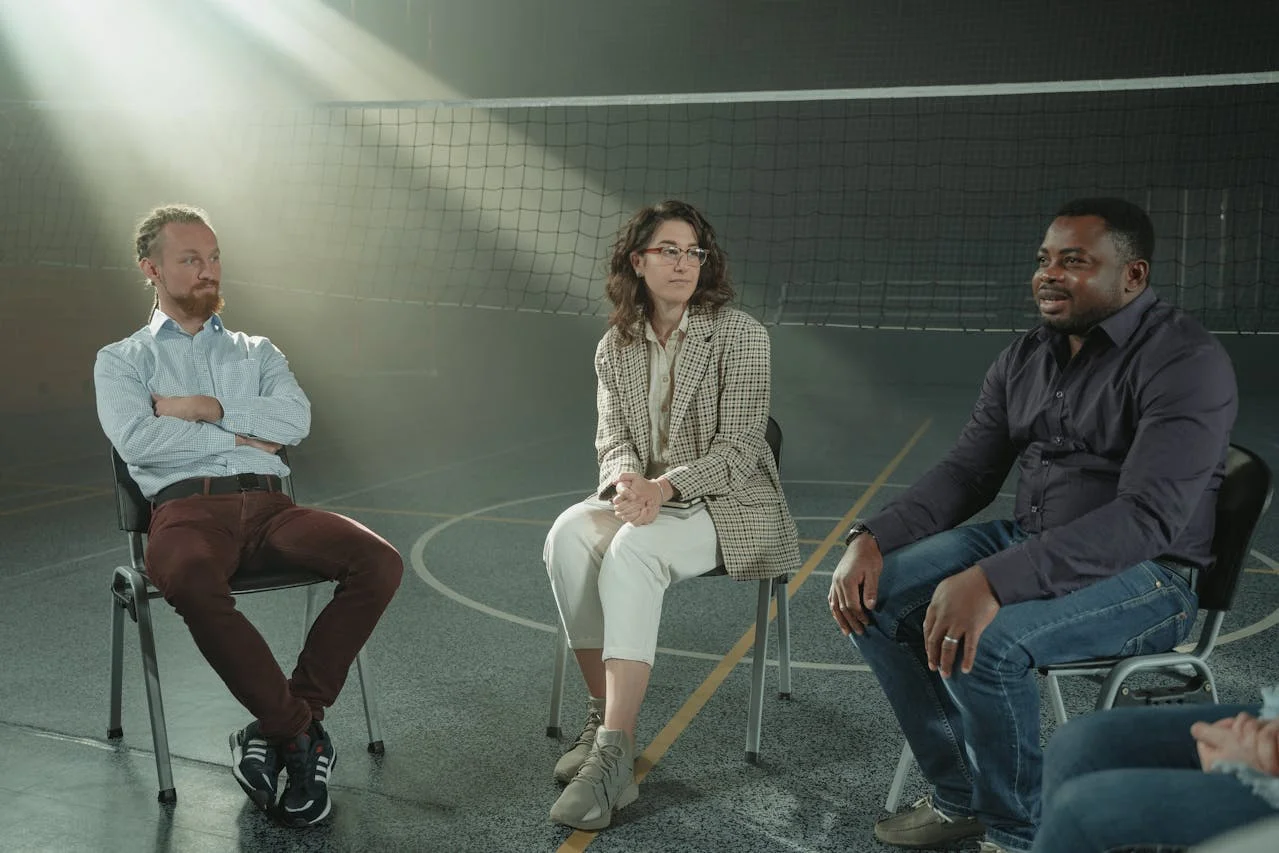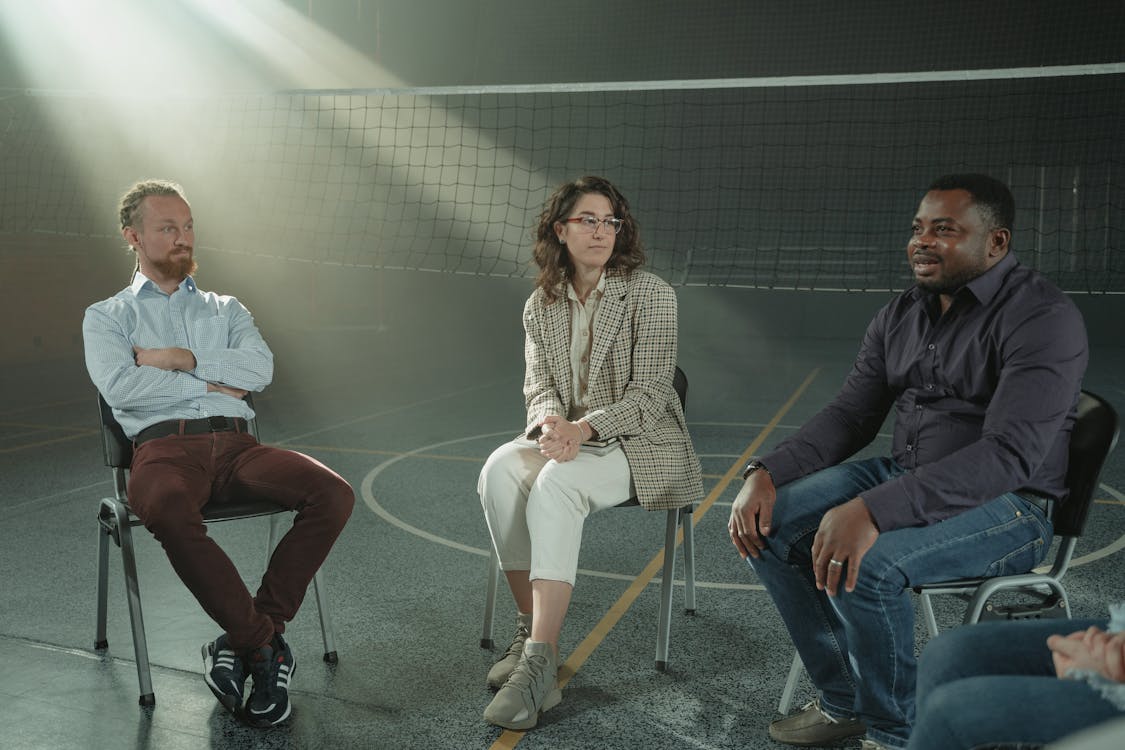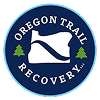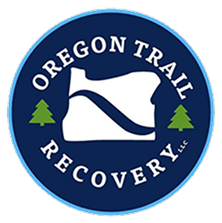Can I Overcome Addiction On My Own?

From afar, Joe looks like your regular guy with a regular job. But upon closer look, something about his face and demeanor — bloodshot eyes, occasional tremors, and a general sense of unease — signals a deep concern. You hear from someone that he’s been trying to quit drugs. Then, you wonder: Can one really overcome addiction without professional help?In this blog, we’ll explore the complexities of overcoming addiction. We’ll highlight why seeking professional help and relying on a supportive community is crucial to healing.

Understanding Addiction
In 2020, about 40.3 million people in the United States had a substance use disorder (SUD). The following year, approximately 107,000 lives were lost to drug overdoses. More than just statistics, these figures represent individuals, families, and communities torn apart by drug addiction.Addiction is not your average condition. While it’s commonly known as the physical compulsion to use drugs, it also encompasses psychological and behavioral dimensions. And it has something to do with how drugs can alter your brain chemistry. With dangerous substances disrupting how certain regions of your brain work, the outcome is nothing short of alarming. Your perception of reward will change, your decision-making process will be impaired, and you will find it hard to control your actions over time. As a condition that intertwines physical craving with psychological need, it’s incredibly challenging to overcome through sheer willpower alone.
Strategies for Addiction Recovery
While there’s no one-size-fits-all approach to treating SUD, there are general methods you can try. Here are some strategies.
Have the Commitment to Change
It’s true that to overcome addiction, you need help from others. However, know that healing starts from within. You must be committed to regaining control of yourself, pledging to pursue a healthier, substance-free life. This determination is the foundation for a successful recovery process because it will help you stay focused when challenges come your way.
Build a Support System
If you want to beat addiction, you must create a supportive community. This includes your family, friends, and peers. They will offer much-needed encouragement, giving you a listening ear or a shoulder to lean on during tough times. The kindred people you meet at support groups also help. Sharing common experiences will give you a sense of belonging while learning effective coping strategies.

Embrace Healthy Lifestyle Changes
Recovery is as much about rebuilding the body as it is about strengthening the mind. Hence, you must incorporate healthy lifestyle changes into your recovery process. Engaging in physical activities can relieve stress, improve mood, and reduce cravings. Meanwhile, a balanced diet nourishes the body. Moreover, quality sleep is essential for emotional and physical healing.
Identify and Manage Triggers
Recognizing and coping with triggers — situations, people, emotions, and life events that spark the urge to use — is vital for maintaining sobriety. After you identify specific triggers, seek support from a counselor to help you develop effective coping strategies. These strategies could involve practicing mindfulness or engaging in alternative activities that provide fulfillment and joy.
Challenges of Overcoming Addiction Alone
Battling addiction means confronting many challenges head-on. If you’re dealing with them on your own, you may feel overwhelmed. To give you an idea of how difficult it is to overcome addiction alone, here are some of the biggest hurdles you have to face.
Withdrawal and Detoxification
Withdrawal symptoms can range from uncomfortable to life-threatening, depending on the substance and the duration of addiction. Without medical supervision, you could experience adverse effects, including seizures and severe dehydration. Professional detox programs provide medical monitoring and support to manage these symptoms safely.
Underlying Issues
If you’re battling addiction, there’s a huge probability that you also struggle with a co-occurring mental health condition (e.g., depression, anxiety, eating disorder, PTSD). Addressing these issues is critical for your recovery. If you don’t seek professional guidance, you won’t be able to identify and address such conditions correctly.
Risk of Relapse
Without professional monitoring and support, your risk of relapse can increase. Professionals help develop coping strategies, offer relapse prevention education, and provide ongoing support. They also adjust treatment plans as needed.

The Role of Professional Help in Addiction Recovery
Breaking free from addiction is an arduous task. However, with proper professional guidance, you can embrace sobriety. Professionals can help you in several ways. For instance, they’re here to provide medical supervision and safely facilitate the detoxification process. With their assistance, you can manage your physical and behavioral symptoms during detox. Additionally, they are trained to conduct therapy and counseling sessions. These methods are pivotal in addressing the psychological aspects of addiction. In these activities, you will be in a safe environment where you can identify your triggers, voice your thoughts, and learn tailored strategies for coping and healing.Apart from these, professionals can also employ Medication-Assisted Treatment (MAT). This can further support recovery by managing withdrawal symptoms and cravings through the appropriate use of medications.At the end of the day, enlisting professional guidance can enhance personal growth while in recovery, which is crucial for long-term success.

Let Trusted Experts Join You on The Road to Recovery
As you learned, you need more than just determination to overcome addiction. If you’re grappling with SUD, understand that your situation calls for a comprehensive approach — one that encompasses medical, psychological, and community support. It’s not something you can manage battling alone.At Oregon Trail Recovery, we’re a team of experienced and compassionate experts offering proven services, including an intensive outpatient program. We’re here to help you conquer the immediate challenges of addiction and the hurdles that will come your way as you maintain sobriety.Take the first step toward a healthier future, and let us join you on your road to recovery. Get in touch with us today!







